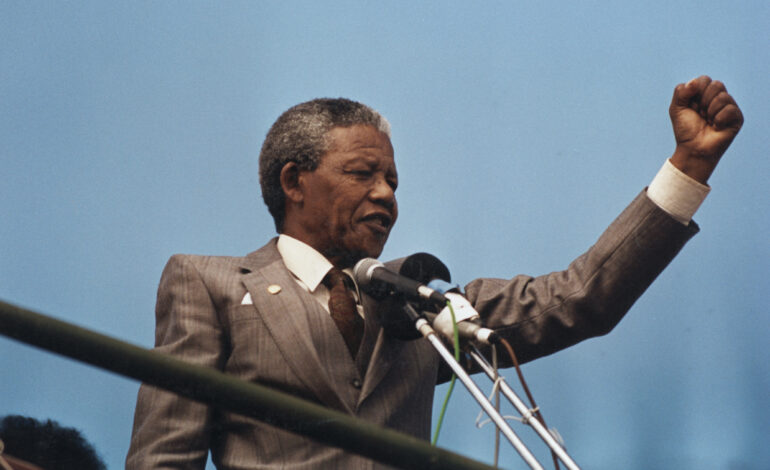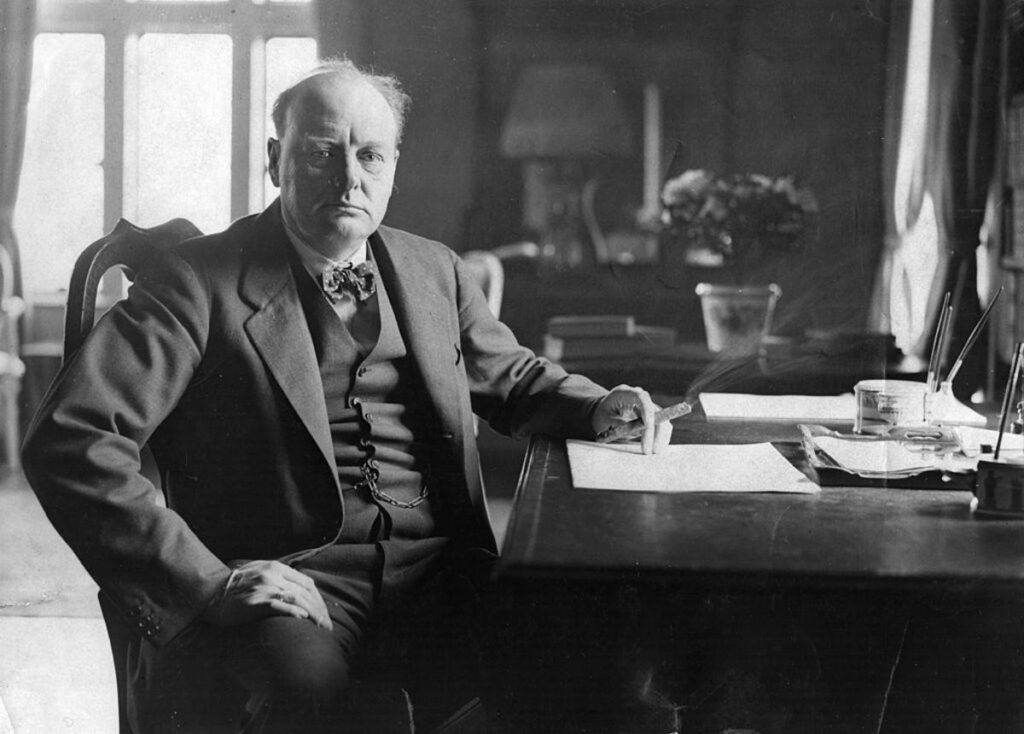
Great leaders throughout history have provided us with inspiring examples of success. Whether it’s the way they worked, the way they lived, or their ability to make a difference in their communities and around the world, these leaders had something unique that made them stand out from the crowd.
We know you want to be one of those people too—that’s why we’re here! Here are some lessons we can learn from their leadership:
Steve Jobs: Innovation and Risk-taking
When it comes to success and leadership, innovation is key. Successful leaders embrace innovation and are willing to take calculated risks. They encourage creativity and foster an environment where new ideas can flourish. Steve Jobs has demonstrated this through his groundbreaking ventures such as Apple and NeXT.
Innovation is not without risk. It can be difficult to predict how customers will respond to a new product or service, which is why it’s important for leaders to encourage risk-taking within their organizations. This encourages employees to come up with creative solutions that may not always work out but help improve performance through trial and error.
Winston Churchill: Effective Communication
Leaders who excel at communication can articulate their ideas clearly and inspire others to take action. They actively listen, provide feedback, and ensure that the message is understood. Winston Churchill’s speeches during World War II rallied the British people and motivated them to stand strong against adversity.
Winston Churchill was born in 1874. He became prime minister of Great Britain in 1940, after his country had been defeated by Germany in World War I. He led the British people through World War II and formed a coalition government after the war ended. His ability to communicate helped him win over supporters in Parliament and among ordinary citizens alike.

Churchill was known for his eloquent speeches during both world wars, which often inspired listeners to fight harder than they thought possible. In one famous speech given on May 13th 1940—just weeks after Great Britain had surrendered France—he said: “Let us therefore brace ourselves to our duties, and so bear ourselves that if the British Empire and its Commonwealth last for a thousand years men will still say ‘This was their finest hour.'”
Mother Teresa: Lead by Example
Leaders who lead by example inspire their followers through their actions rather than just words. They embody the values and behaviors they expect from others. A powerful example is Mother Teresa, who dedicated her life to serving the poorest of the poor and inspired countless others to do the same.
Mother Teresa was an Albanian-born Roman Catholic nun who founded the Missionaries of Charity in Calcutta, India in 1950. She established homes for orphans, widows, and people with leprosy; soup kitchens; health clinics; children’s centers; schools; leper colonies; homes for unwed mothers; orphanages; shelters for abandoned babies; mobile clinics to bring medical aid to remote villages; a training center for nurses; homes for AIDS patients; and more. Her work reached across continents—she opened hundreds of missions in over 100 countries around the world.
Mother Teresa’s life was dedicated to helping those who were least able to help themselves. She fed people who had nothing to eat, gave shelter to those who had none, comforted those who suffered from physical illness or emotional pain, and loved those whom society had forgotten about or rejected.
Indra Nooyi: Continuous Learning and Adaptability
Indra Nooyi, the former CEO of PepsiCo, transformed the company by diversifying its product portfolio and adapting to changing consumer preferences. She succeeded because she was a lifelong learner who continuously adapted to the circumstances she encountered.
To be successful in any role, you need to be able to learn new skills and adapt to changing circumstances. Successful leaders are lifelong learners who adapt to changing circumstances and seek new knowledge and skills. They embrace challenges as opportunities for growth.
Nooyi was able to transform PepsiCo by taking advantage of new opportunities in the marketplace. In 2000, she became CEO when her predecessor retired after 21 years at the helm. At that point, PepsiCo had just two major divisions: beverages (Coca-Cola) and snacks (Frito-Lay). By 2006, however, Nooyi had expanded into three new areas: Quaker oats (acquired from Kraft Foods), Tropicana juices (acquired from Seagrams), and Gatorade sports drinks (acquired from Quaker Oats).
The strategy behind these acquisitions was simple: The company wanted to find new ways of reaching consumers who were growing more health conscious while also offering healthier alternatives than those available at traditional fast food chains like McDonald’s or Burger King.”
Oprah Winfrey: Empathy and Emotional Intelligence
Leaders who possess empathy and emotional intelligence understand the needs and emotions of their team members. They create an inclusive and supportive environment where everyone feels valued. Oprah Winfrey is known for her ability to connect with people and create a sense of empathy, making her an influential leader.
Oprah Winfrey is an American media mogul, actress, producer, and philanthropist born in 1954. She is best known for her talk show The Oprah Winfrey Show which was the highest-rated television program of its kind in history. Over the course of her career she has received numerous awards including a Presidential Medal of Freedom in 2013 and the Cecil B. DeMille Award for lifetime achievement at the Golden Globes in 2018.

The key to Oprah’s success has been her ability to connect with people on an emotional level—her “emotional intelligence” makes her effective as a leader because it allows her to understand others’ needs and emotions without being judgmental or condescending. This allows both parties to feel comfortable being vulnerable with one another so that they can communicate effectively about issues that may arise between them.”
Martin Luther King Jr: Vision and Purpose
Successful leaders have a clear vision and a strong sense of purpose. They communicate their vision effectively and inspire others to work towards a common goal. Examples include Martin Luther King Jr., who had a vision of equality and justice.
Martin Luther King Jr. was a leader in the Civil Rights Movement, and he advocated for racial equality. He also had strong religious beliefs, which motivated him to help others achieve civil rights. His speeches were very inspirational and encouraged people to act on their beliefs. He believed that all people were equal, regardless of their race or religion.
After reading about the leadership qualities and philosophies of these great leaders, I hope you feel inspired to take action.
The most important thing to remember is that you are unique and have something special to offer the world. Don’t be afraid to speak up when you see an injustice happening; there’s always room for another voice in the conversation. And finally, don’t forget to be kind! Your kindness can go a long way towards making a positive impact on the people around you.
RUCHI RATHOR Founder & CEO
Payomatix Technologies Pvt. Ltd.
FOUNDER AND INVESTOR | PAYMENTS PROCESSING EXPERT | MERCHANT ACCOUNT SOLUTIONS | WHITE LABELLED PAYMENT GATEWAY | Dreamer, Creator, Achiever, Constantly Evolving
Website Ruchi Rathor: https://ruchirathor.com
Website Healing Heart https://thehealingheart.me/
Instagram https://www.instagram.com/ruchirathor/
LinkedIn https://www.linkedin.com/in/ruchirathor12/
Facebook https://www.facebook.com/ruchi.rathor.magnificient
Tumblr https://www.tumblr.com/blog/ruchirathor-thehealingheart
Medium https://medium.com/@ruchirathor_23436









